What is ICSI Treatment?
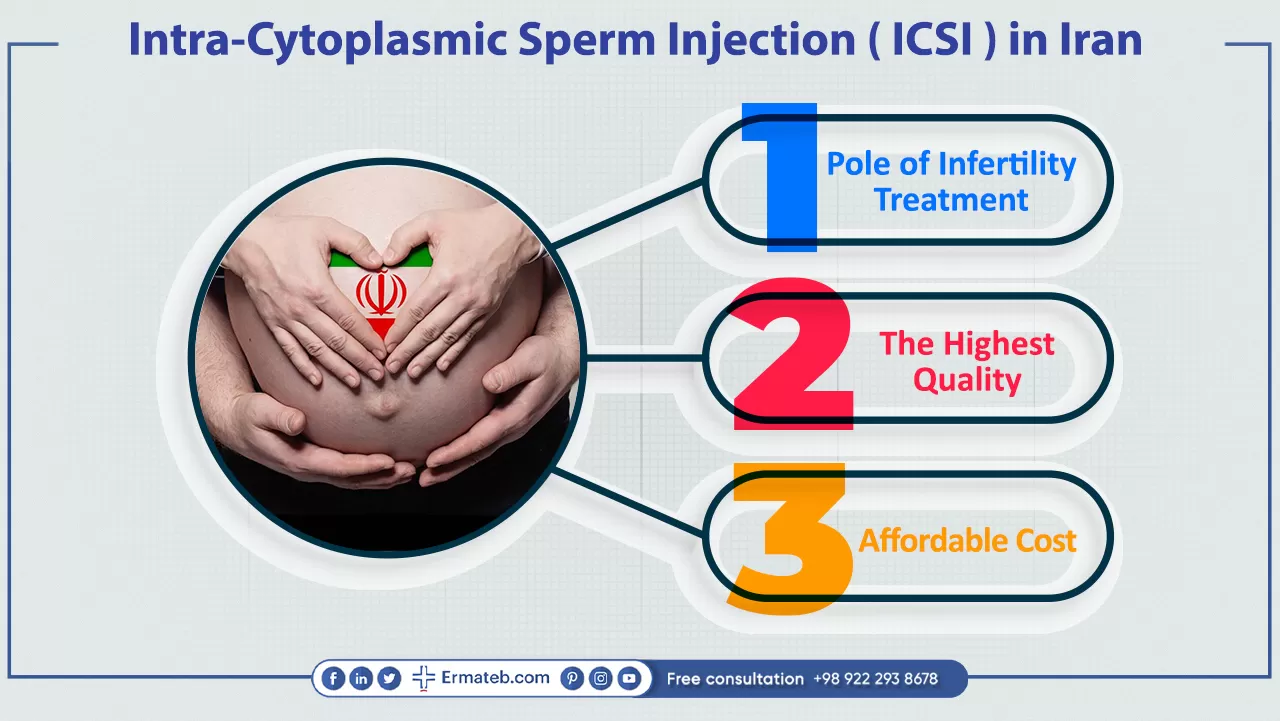
Intracytoplasmic sperm injection (ICSI) is a specialized procedure within assisted reproductive technologies (ART), closely associated with in vitro fertilization (IVF). This technique involves the precise injection of a single, viable sperm directly into the center of a human egg, using a micro-needle for fertilization assistance. The resultant embryo undergoes development in a controlled laboratory setting, maturing into a day-5 blastocyst before being transferred to the uterus for continued growth. ICSI is particularly beneficial for addressing male-factor infertility issues, such as poor sperm quality or low sperm count, and can also assist women with conditions like low egg counts, thick eggshells, or uterine health concerns. As infertility treatments can be costly in many countries, exploring clinics abroad with advanced technology and more affordable services has provided hope to countless couples seeking to start or expand their families.
Cost of ICSI in Iran
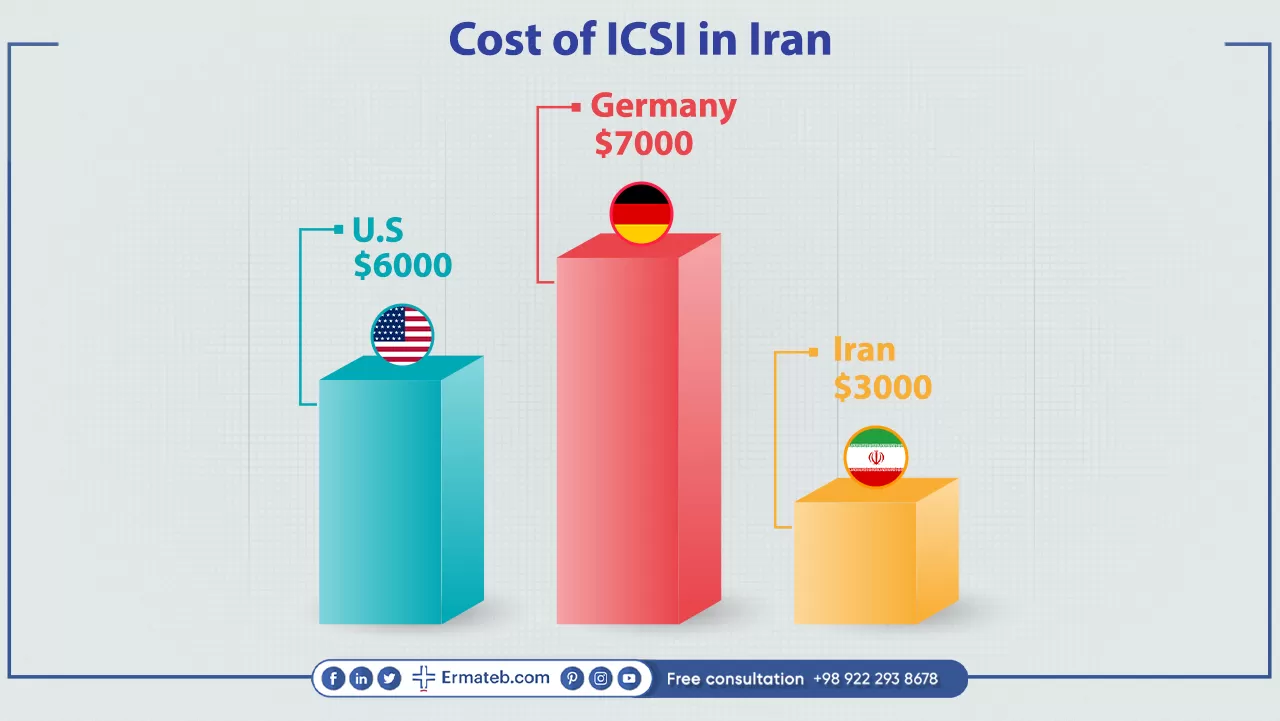
The cost of the procedure in Iran varies due to some factors such as the clinic or extra fees related to your travel. However, there is a significant difference between the price of ICSI in Iran and other countries: due to the low currency of Iran, ICSI treatment cost is much cheaper compared to the United States or European countries. The other factors for the low price in Iran include:
1.A large number of ICSI hospitals
2.A large number of applicants for ICSI
While ICSI may add extra expenses to traditional IVF, it can significantly improve pregnancy chances, making it a preferred choice for many despite the additional costs involved. Prices for IVF with ICSI vary greatly globally, with costs in the United States averaging $15,000 to $20,000 per cycle, while European countries range from $8,000 to $10,000 per cycle. In Turkey, the cost can range from $4,000 to $7,000 per cycle, making Iran a more cost-effective option even after factoring in travel and accommodation expenses.
Best ICSI Surgeon in Iran
About 24,000 and more fertility treatments are being performed in Iran every year. Experienced Iranian doctors with excellent records perform the procedures, which can also include IVF in Iran. One of the most essential factors in choosing a good surgeon for ICSI is the doctor has done many ICSI surgical procedures.
The ICSI procedure is one of the most complex methods of infertility treatment in Iran. Infertility Centers in Iran have been using ICSI since 1994 to treat infertile couples who are eligible for this treatment.
When Is ICSI Treatment Recommended?
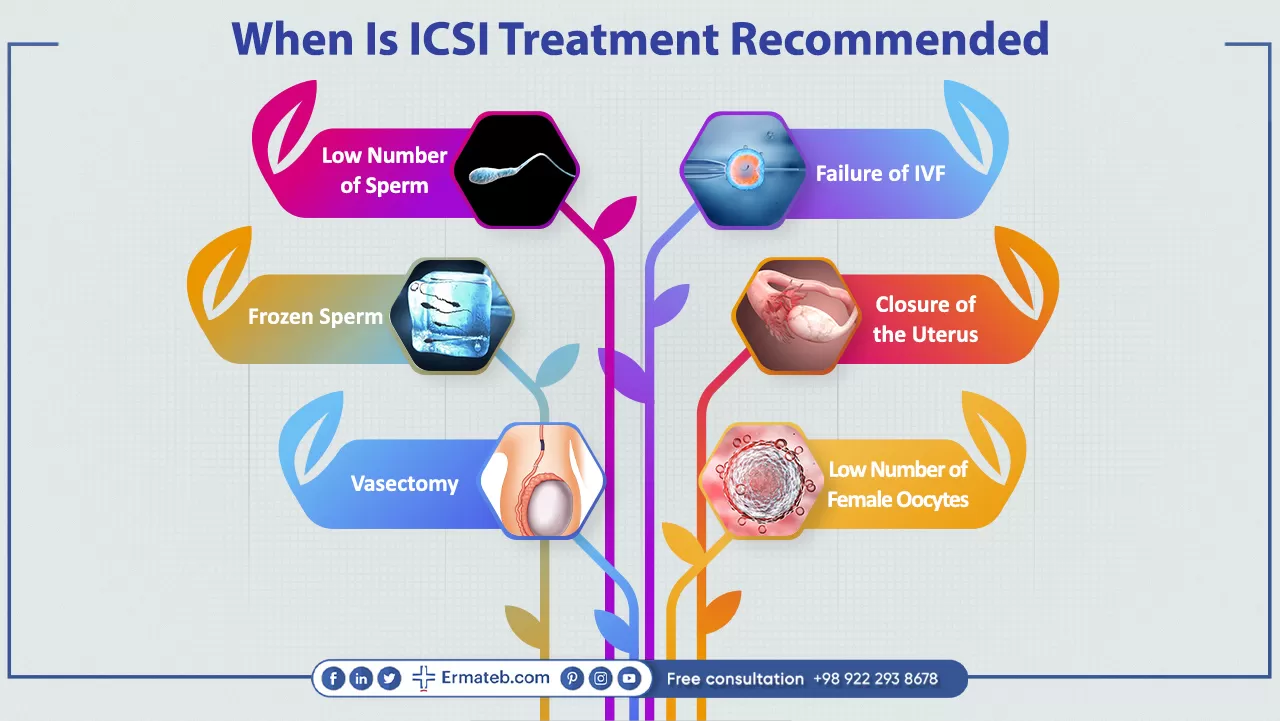
The ICSI treatment is recommended when:
1.There is a low sperm count, poor sperm mobility, or abnormal shape of sperm
2.There is a low number of female oocytes
3.Previous IVF treatments failed
4.The sperm cannot reach the oocyte in the uterus, like uterine closure, pelvic adhesions, etc.
5.Surgical sperm retrieval is required because of a medical condition, vasectomy, or an extremely low sperm count.
6.Embryo testing is being performed, including Pre-Implantation Genetic Testing for Aneuploidy (PGT-A).
7. Frozen sperm being used is of a low quality.
Who Is a Good Candidate for ICSI?
ICSI is typically not the initial choice for patients, with many couples opting for traditional IVF initially and considering ICSI if conception isn’t achieved. However, ICSI may be preferred as the primary choice, particularly in cases of male infertility, such as:
1.Individuals with overall good health and realistic expectations
2.The mother should be under 40 years old
3.Couples that had IVF previously and very few or none of the eggs fertilized.
4.Women with fertility disorders such as endometriosis and polycystic ovary syndrome (PCOS)
5.Where a man produces very few or no sperm in his ejaculate because of testicular dysfunction, ICSI can be helpful. Sperm will be extracted through a testicular biopsy and then used for fertilization.
6.Some men may have difficulties in producing a semen sample for different reasons, including spinal cord injuries or ejaculatory dysfunction. In these cases, ICSI can be performed using sperm retrieved through methods such as MESA or TESE.
7.If there is a risk of passing on a genetic disorder from the male partner to the child, PGT can be combined with ICSI treatment.
ICSI Success Rates in Iran
The success of Intracytoplasmic Sperm Injection (ICSI) can be influenced by various factors such as the clinic’s expertise, the age of the female partner, underlying fertility issues, and overall health. In Iran, clinics have achieved a success rate of over 60% with the ICSI process, which is competitive on a global scale. This high success rate makes Iran an attractive choice for couples seeking effective ICSI treatment.
The Duration of ICSI Treatment in Iran
A complete ICSI treatment in Iran typically spans less than a month. The process commences with various tests, encompassing general and hormonal assessments, ultrasounds of the uterus and ovaries, viral lab tests, and a sperm analysis. Following the onset of the woman’s menstruation cycle, tailored medications are prescribed based on factors like age, weight, and height.
After eggs are retrieved and sperm is collected, embryos are developed in a laboratory setting. Around day 17 or 18 of the cycle, the embryo(s) are transferred to the woman’s uterus. Approximately two weeks later, a blood test is conducted to ascertain the success of the pregnancy.
Why Choose ICSI Treatment in Iran?
Iran stands out as a top destination for medical tourists seeking high-quality treatments at affordable costs, making it an ideal choice for couples facing challenges with natural conception. Beyond treatment quality, Iran's favorable exchange rates make it an attractive destination for tourists.
Intracytoplasmic Sperm Injection (ICSI) is a leading technology used to address infertility, widely performed in Iranian fertility centers under the oversight of highly experienced embryologists. Opting for ICSI in Iran through Ermateb offers several advantages:
Cost-Effective Options:
Access ICSI treatment through Ermateb in Iran for around $3000, making it significantly more affordable than similar treatments abroad.
All-Inclusive Packages:
Enjoy comprehensive ICSI packages covering consultations, appointments, medications, ultrasounds, lab tests, egg and sperm collection, the ICSI procedure, embryo transfer, and follow-up consultations.
Complimentary Consultations:
Receive free consultations with experienced fertility experts at every stage of your treatment journey.
Convenient Services:
Beyond medical care, benefit from additional services including visa assistance, accommodation arrangements, transportation support, and translation services for a seamless treatment experience.
Impressive Success Rates:
Benefit from ICSI treatments in Iran boasting success rates of approximately 60%, offering hope to couples seeking effective fertility solutions.
No Waiting Times:
Begin your treatment immediately without waiting lists, allowing couples to embark on their fertility journey promptly.
Expert Medical Professionals:
Receive treatment from top doctors and highly skilled embryologists to ensure the best possible care and outcomes.
Advantages of ICSI Procedure in Iran
Iran is one of the popular countries for all international patients who are looking for high-quality treatments and affordable prices at the same time. ICSI procedure is a perfect option for couples who have difficulty having children naturally and need some medical help. There are so many advantages to having ICSI in Iran, including:
1.One of the advantages of having ICSI in Iran is not having a waiting list. This option can mainly attract couples eager to undergo treatment as soon as possible.
2.Many clinics in Iran offer free consultations with fertility experts, allowing patients to discuss their concerns and questions without any financial commitment.
3.Some clinics provide comprehensive packages that cover various aspects of the treatment process, which can simplify the experience for international patients.
4.ICSI treatments in Iran report a high success rate, around 60 percent, which is quite promising for couples who are seeking fertility assistance.
5.Compared to many other countries, the price of ICSI treatment in Iran is relatively lower, which makes it a cost-effective option for many.
6.Skilled professionals
7.Additional support beyond medical assistance
Pre-Operative Steps Before ICSI in Iran
Preparing for Intracytoplasmic Sperm Injection (ICSI) contains several important steps to optimize the chances of success. These steps include:
1.Consultation and Evaluation:
It’s important to begin with a consultation with a fertility specialist to assess the patient’s specific situation and conduct necessary medical evaluations.
2. Understanding the Procedure:
The patient should educate themselves about the ICSI procedure, the steps, success rates, and potential risks or side effects.
3.Lifestyle Adjustments:
Implementing lifestyle changes including regular exercise, maintaining a healthy diet, and avoiding harmful habits such as smoking and excessive alcohol consumption can positively impact fertility results.
4.Medication and Hormonal Stimulation:
The patient may need to undergo hormonal stimulation to prepare for their procedure, therefore, understanding the medication regimen is essential.
5.Emotional Support:
The journey can be emotionally taxing, so having a support system in place is essential for both partners.
6.Financial Planning:
ICSI can be costly, so it’s essential to plan financially, including exploring potential financial assistance options.
The Procedure of ICSI in Iran
The process of ICSI in Iran involves a comprehensive treatment schedule completed within a month or less. It commences with various tests, including general and hormonal evaluations, viral lab assessments, ultrasounds of the uterus and ovaries, and sperm analysis. Once the woman's menstrual cycle begins, tailored medications are prescribed based on factors such as age, weight, and height. The procedural steps of ICSI in Iran encompass:
1.Hormonal Stimulation:
Medications are administered to stimulate the ovaries for multiple egg production.
2.Egg Retrieval:
Eggs are collected from the ovaries using a needle guided by ultrasound.
3.Semen Sample Collection:
A semen sample is obtained from a donor or the male partner.
4.Sperm Selection:
An embryologist selects a healthy sperm for injection into the egg.
5.Egg Fertilization:
The chosen sperm is injected directly into the egg’s cytoplasm using a fine needle.
6. Embryo Cultivation:
The fertilized egg is cultured in the laboratory until it develops into an embryo.
7.Embryo Transfer:
One or more embryos are transferred into the female partner’s uterus to achieve pregnancy.
8.Pregnancy Assessment:
About two weeks later, a blood test is conducted to confirm the success of the pregnancy.
The stages of ICSI treatment are closely aligned with those of IVF. They encompass induction of ovulation using specific drugs, collection of mature eggs through minor surgery, collection and preparation of sperm for fertilization, direct injection of sperm into the egg to facilitate fertilization, examination of embryos post-fertilization, and the subsequent transfer of selected healthy embryos to the uterus. This process ensures a comprehensive and methodical approach to fertility treatment, offering hope for successful pregnancies.
Recovery After ICSI Treatment in Iran
Following ICSI treatment in Iran, patients are advised to exercise caution during the initial five days after the procedure. It's crucial to avoid strenuous physical activities and sexual intercourse during this period to prevent uterine contractions that could impact implantation. Patients are typically discharged one to two hours after embryo transfer without requiring hospitalization. To enhance treatment success, it’s recommended to avoid severe fatigue for 3 to 4 days post-operation and prioritize psychological well-being by reducing anxiety, tobacco, and alcohol use. These measures contribute to optimizing the chances of a successful treatment outcome.
ICSI Treatment Risks and Side Effects
In addition to the relatively minor risks and side effects that general anesthesia can cause during any surgical procedure, there are other potential risks involved, which are:
1.In the course of an ICSI procedure, several embryos are placed within the uterus, which increases the risk of multiple pregnancies.
2.The risk of birth defects can increase in infants who are born using assisted reproductive techniques, including ICSI.
3.Peritoneal infections are a possible result of ICSI-related laparoscopic procedures that are conducted to find egg cells.
Which Fertility Treatment Is More Suitable; IVF or ICSI?
IVF and ICSI are both effective treatments for infertility, with recommendations based on the specific condition of the couple. IVF is versatile and used for a range of fertility issues, while ICSI is ideal for couples facing male-factor infertility, particularly when sperm quality, quantity, and motility are compromised.
Research indicates that the success rates of IVF and ICSI are comparable. IVF success rates for women under 40 exceed 40%, whereas ICSI, involving direct sperm injection into the egg, boasts success rates ranging from 50% to 80%. Notably, embryos derived from both methods have a similar likelihood of implantation success, around 40%. However, as women age, egg quality diminishes, lowering fertility prospects for both IVF and ICSI, especially for those over 40.
It’s essential to acknowledge that all treatments carry inherent risks. Prior to commencing ICSI, understanding potential procedural complications is advised, given the similarities in risks between ICSI and IVF.
The Difference Between ICSI and IVF
The key difference lies in the method of fertilization. In IVF, the egg is exposed to sperm in a controlled laboratory environment, where motile sperm naturally fertilize the egg. Contrastingly, ICSI involves the direct injection of a specially selected sperm into the egg using a fine needle. This technique is preferred when male sperm quality is compromised, ensuring the use of high-quality and motile sperm for fertilization.
Collecting Sperm Cells for Fertility Treatment
As MDPI said: In cases where sperm cells cannot be obtained through masturbation, they may be retrieved via a minor surgical procedure involving a small incision in the testicle. This approach is utilized when ejaculation is obstructed or there are issues with sperm production.
Additionally, previously extracted sperm cells through procedures like Testicular Sperm Extraction (TESE) or Microsurgical Epididymal Sperm Aspiration (MESA) can be frozen and stored. On the day of egg retrieval, these sperm cells are thawed and prepared in the laboratory for use in fertility treatments.
What Happens During Embryo Development in ICSI Treatment?
In preparation for an ICSI procedure using your own eggs, you’ll undergo daily injections and close monitoring for two weeks prior to egg retrieval. After one week, your physician will check your blood estrogen levels. Once follicles are fully developed, a Human Chorionic Gonadotropin (HCG) injection is administered to stimulate follicular maturation.
Mature eggs are retrieved 34 to 36 hours later using laparoscopy or needle aspiration guided by ultrasound. Any additional embryos can be frozen for future use. Embryo transfer is a quick and typically painless procedure.
The entire process, from start to finish, spans a maximum of 20 days. Following an ICSI treatment in Iran, you'll wait about five weeks before taking your first pregnancy test. Upon a successful outcome, you can then anticipate your baby’s due date.


 Arabic
Arabic
 German
German
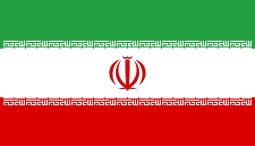 Persian (Farsi)
Persian (Farsi)
 Russian
Russian
 Beauty
Beauty



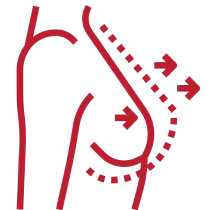

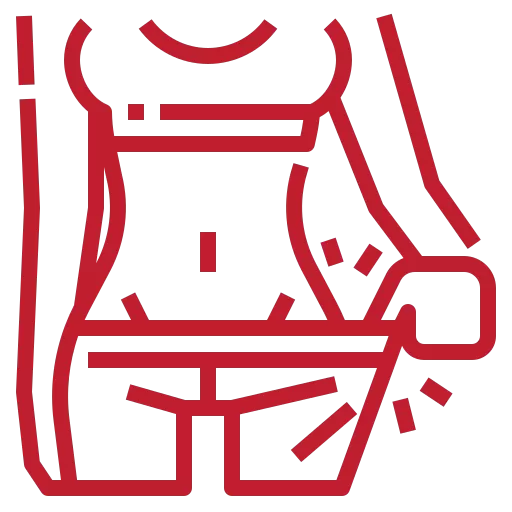
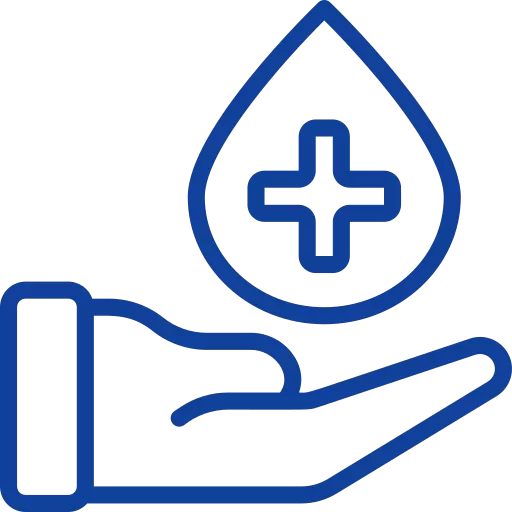 Medical
Medical



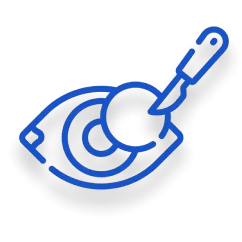

 Hotels
Hotels
 Hospitals
Hospitals









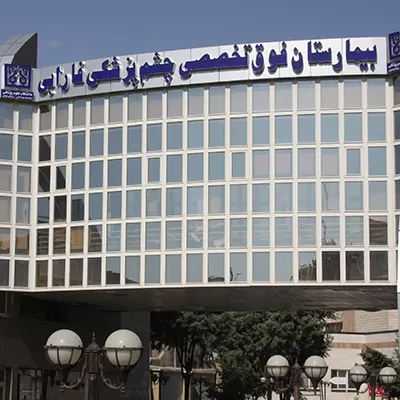



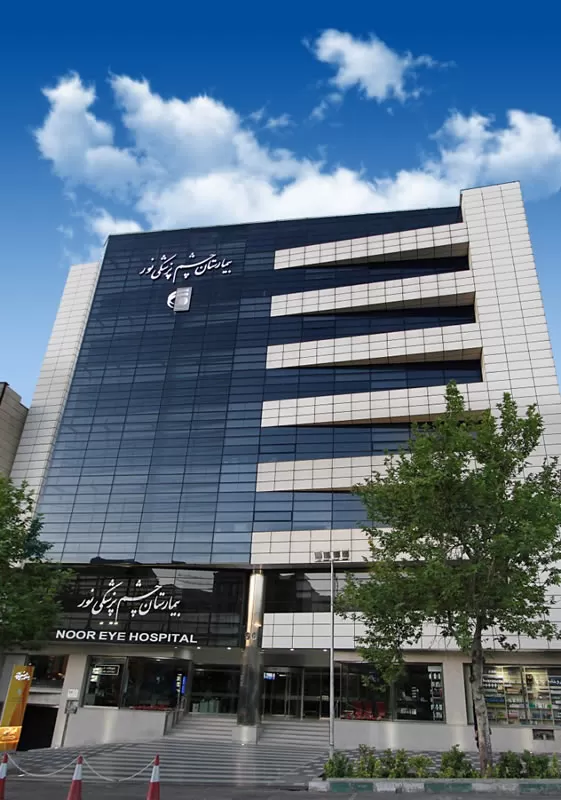
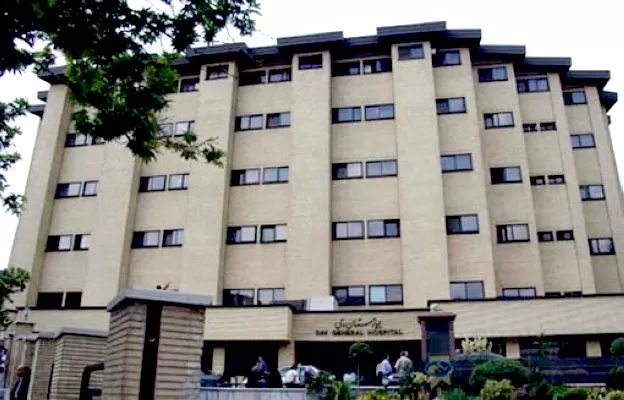
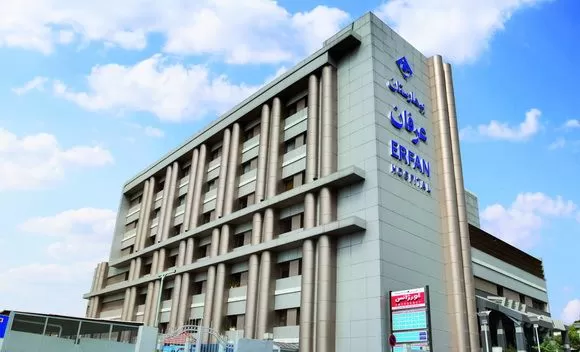
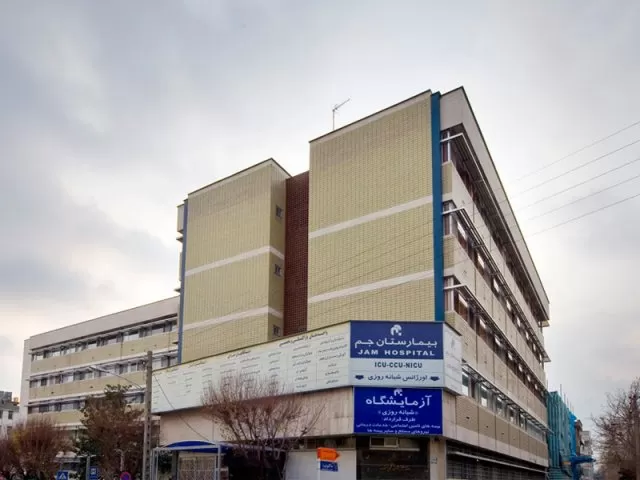
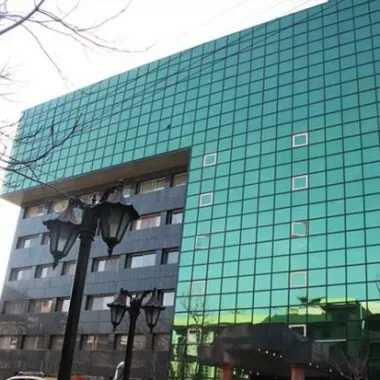
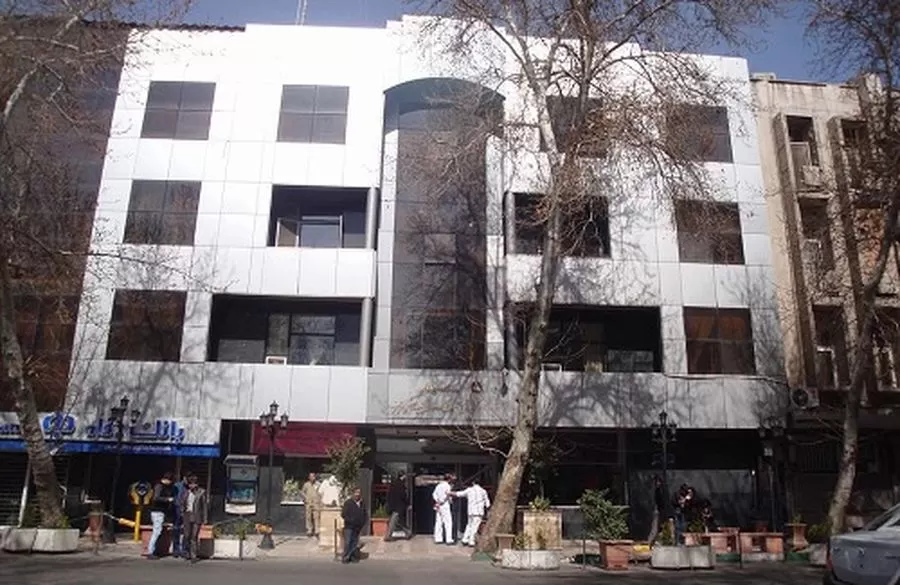
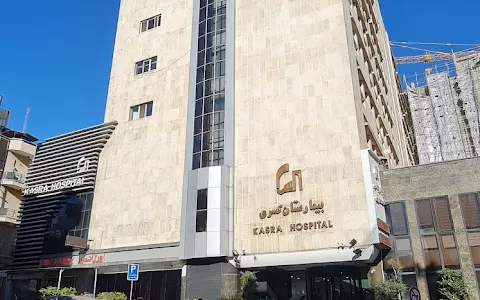
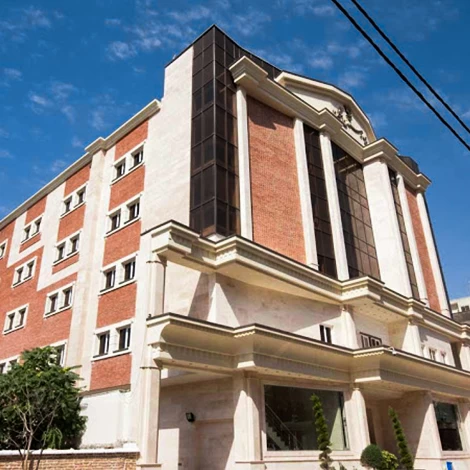

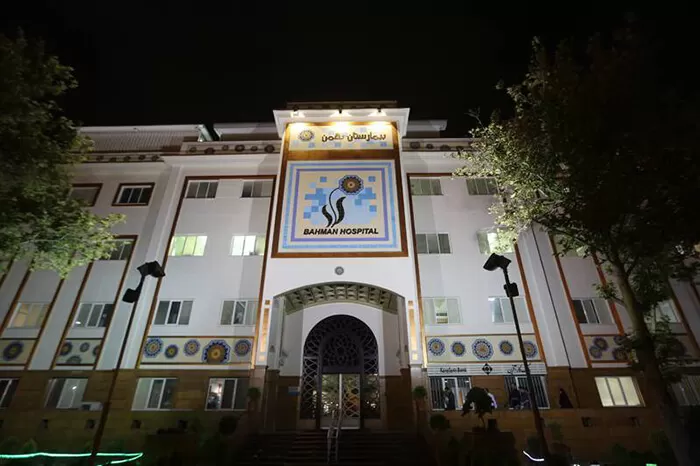
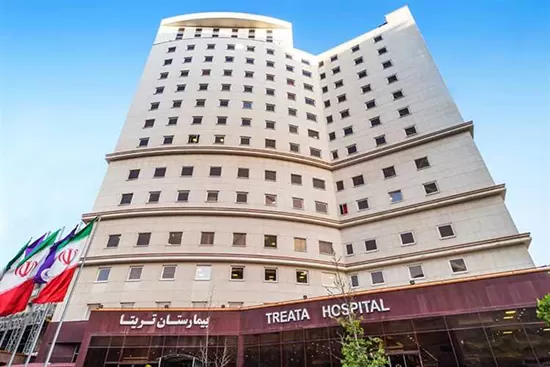
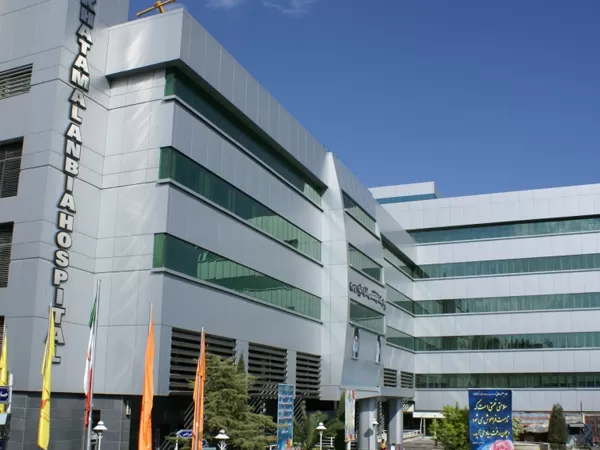

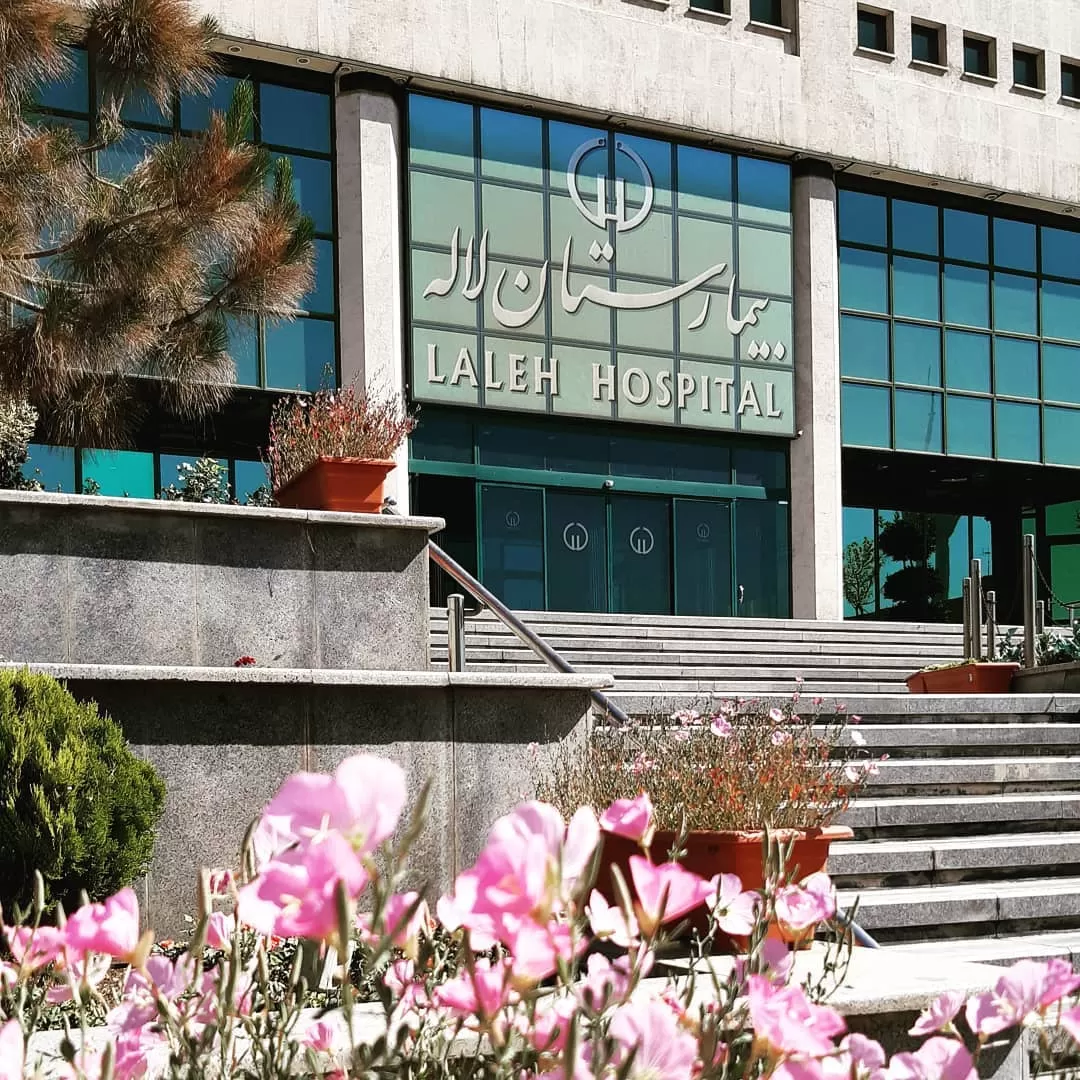
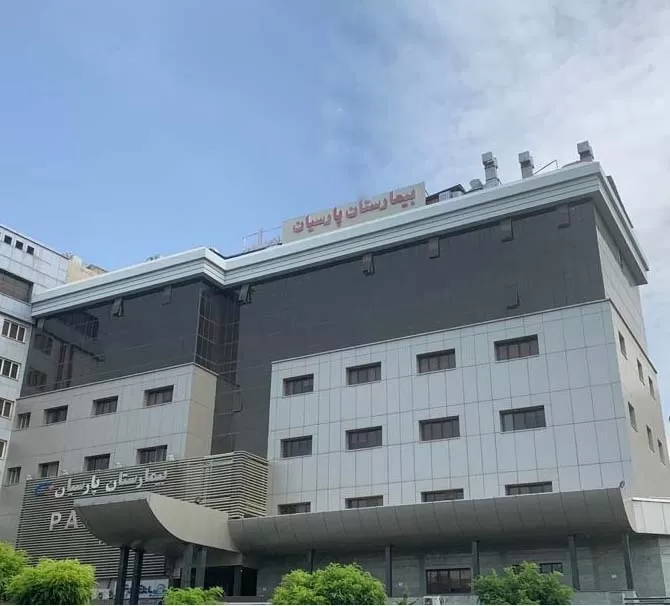
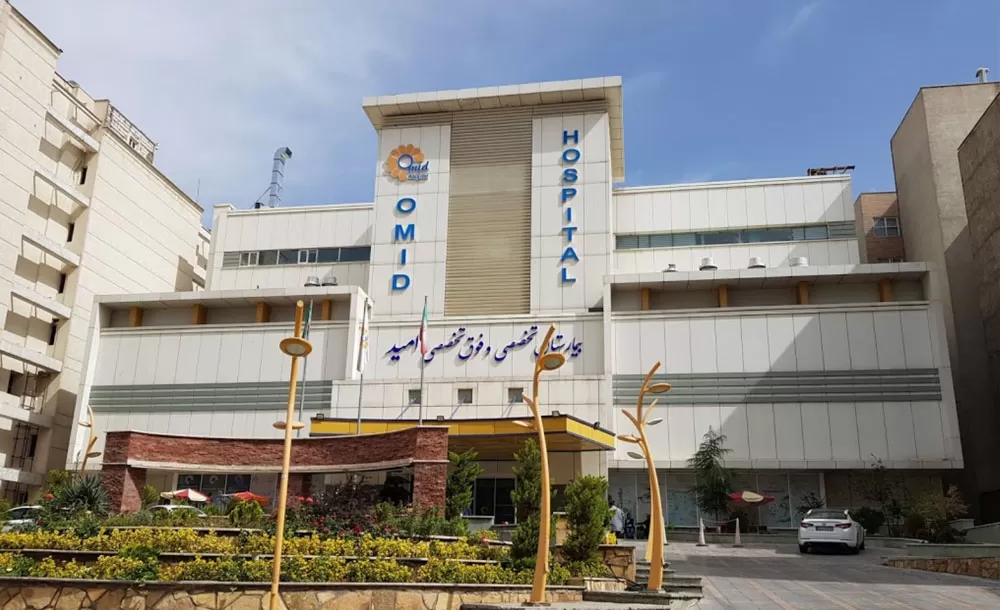

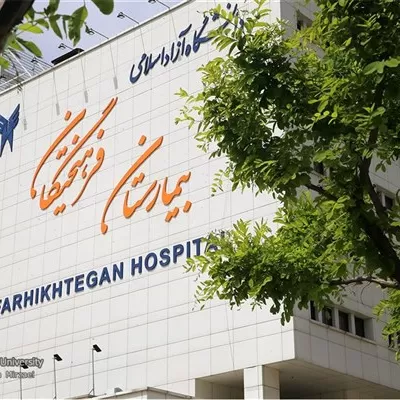
![Frequently asked question about [name]](/v2tem/images/pages/service/faq-image.webp)
